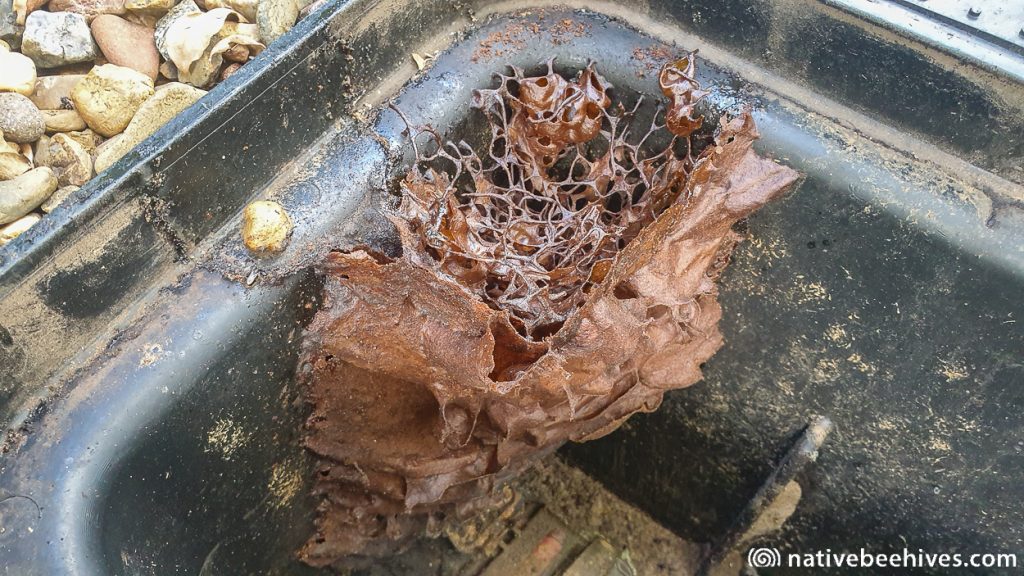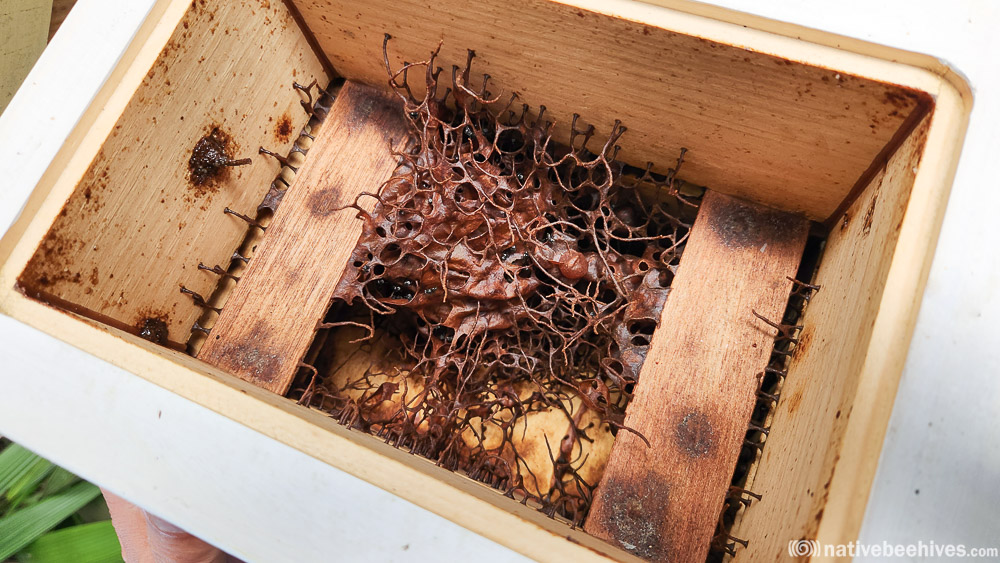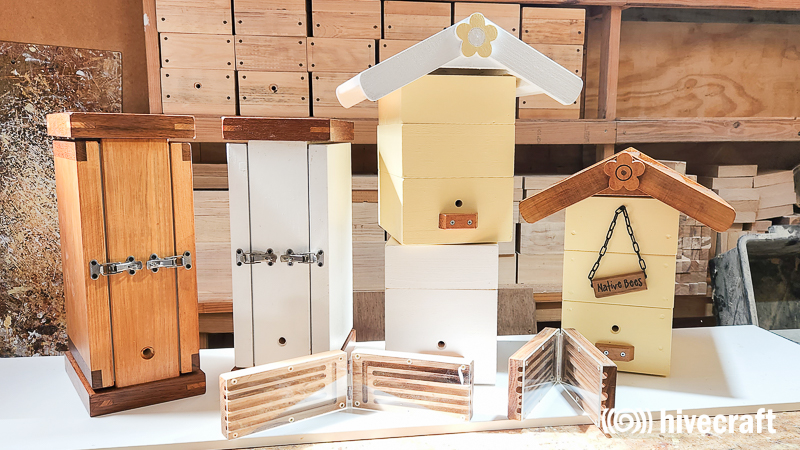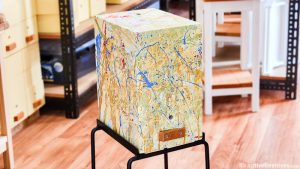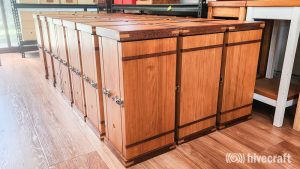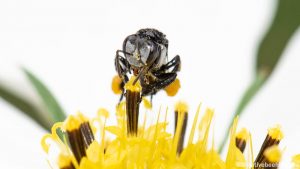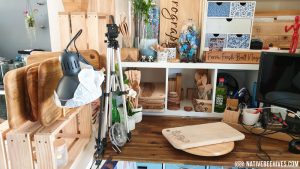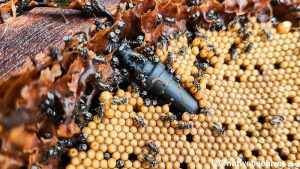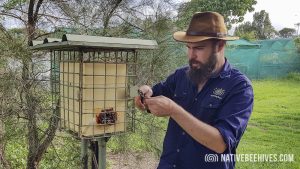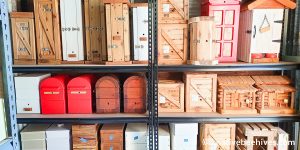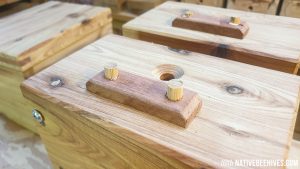Photo above: small stingless bee colony from a rescue. Don’t buy this kind of colony.
1. Buy from a reputable seller
If you’re not sure what you’re looking at it’s safer to buy from a reputable seller that can provide information and back up service.
2. Make sure there’s a guarantee on the colony
It’s an accepted industry practice to sell recently split colonies. This is backed up by the sellers guarantee. Buying from unknown sellers might be cheaper, but also is higher risk of loss with no back up service or guarantee. Make sure there’s a 6 to 12 month guarantee on the colony.
3. Avoid recent “rescues/transfers”
You might think you’re doing something good buying a “rescued colony”. The bees may look good when you collect but the success rate for “rescued” colonies can be low. At least make sure there’s a 6 to 12 month guarantee on the survival if you’re paying for it. The weak colony should be allowed to grow in size and strength before being sold. This could take six months to one year.
Photo: small stingless bee colony in a water meter box. Don’t buy this kind of colony.
